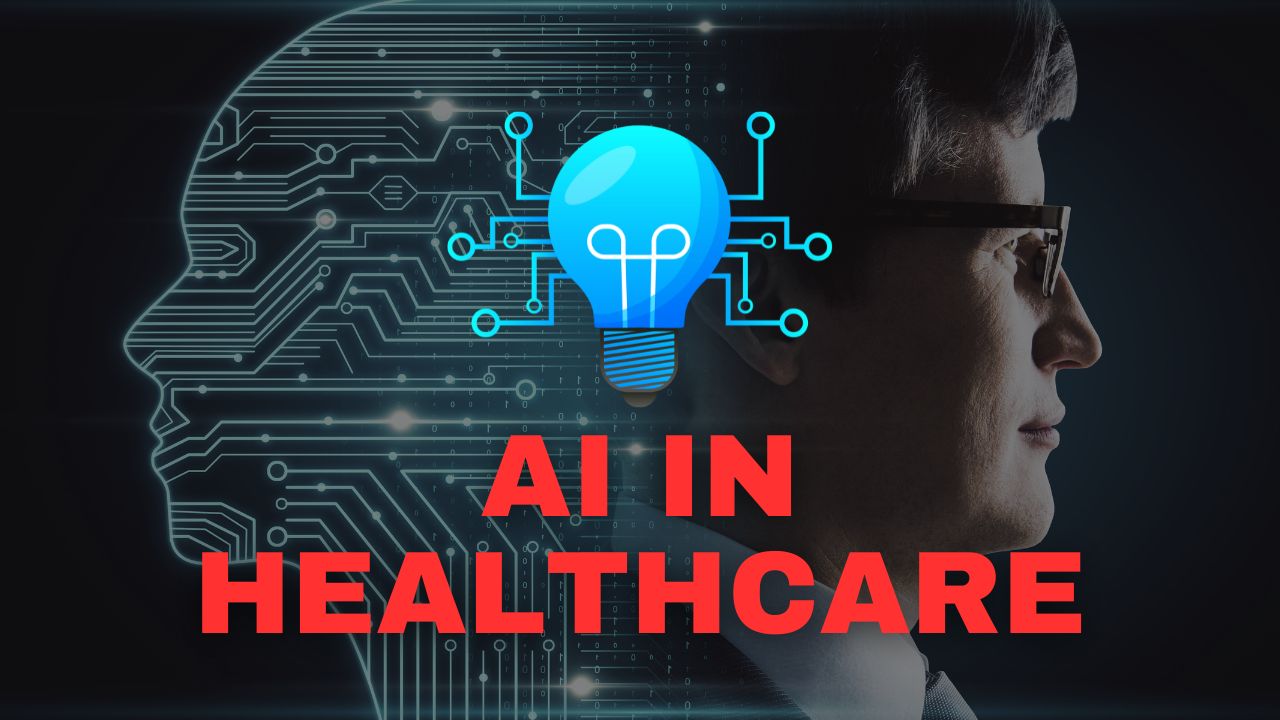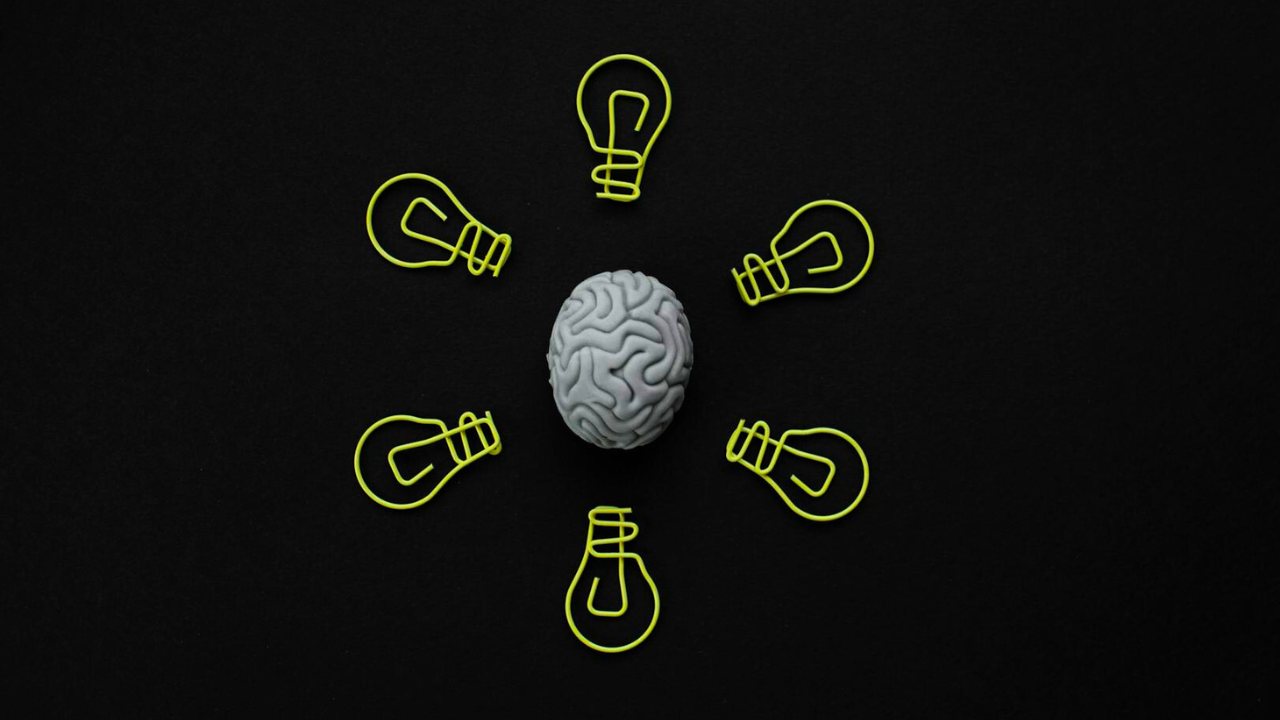Is AI Making Us Dumb? A Deep Dive into Cognitive Impact
There’s a growing buzz, a quiet hum of concern in our tech-saturated world: is artificial intelligence, in its relentless march forward, subtly eroding our own cognitive abilities? When an algorithm can draft an email, analyze data, or even brainstorm ideas faster than we can, it’s natural to wonder if we’re becoming, well, less intelligent. Is Using AI making us dumb? It’s a question that keeps many of us up at night, pondering the future of human intellect in an increasingly automated landscape.
As someone deeply immersed in the intersection of technology, psychology, and human development, I’ve grappled with this very question. The answer, as you’ll discover, isn’t a simple yes or no. Instead, it’s a nuanced exploration of how our brains adapt, what skills we might be losing, and what new forms of intelligence are emerging in the age of AI.

The “Dumbing Down” Dilemma: How Is Using AI making Us Dumb?
Let’s address the elephant in the room first. The fear that AI is making us dumb isn’t entirely unfounded. Our brains are incredibly efficient organs, prone to “cognitive offloading” – delegating tasks to external tools. Think of how GPS reduced our need for directional memory, or how calculators lessened our reliance on mental arithmetic. With AI, this delegation can become far more pervasive.
The Erosion of Foundational Skills
When AI handles tasks that once required our full cognitive engagement, certain skills can indeed begin to atrophy.
-
- Memory & Recall: Why memorize facts, dates, or complex processes when an AI can instantly retrieve them? Over-reliance could weaken our brain’s ability to form and retrieve long-term memories, impacting our holistic understanding of interconnected information.
-
- Basic Communication: AI writing assistants are incredible, but if we outsource every email, report, or creative brief, do we lose our mastery over grammar, syntax, and the subtle art of crafting compelling human language? I’ve personally caught myself thinking, “The AI will polish that,” rather than meticulously choosing each word.
-
- Routine Problem-Solving: Tasks that once demanded step-by-step logical reasoning – debugging code, balancing a budget, planning intricate logistics – can now be streamlined or even automated by AI. Bypassing these smaller cognitive challenges might prevent us from developing robust problem-solving frameworks.
This isn’t about blaming AI; it’s about acknowledging the potential for AI skill atrophy when we become overly dependent, sidestepping the very struggles that build our intellectual resilience.
The “Smartening Up” Solution: AI as a Cognitive Amplifier
Now, for the counter-argument. What if, instead of making us dumb, AI is actually enabling new forms of intelligence and freeing us up for higher-order thinking? This perspective views AI not as a replacement, but as an unparalleled cognitive amplifier.
Unleashing New Forms of Intelligence
AI’s true power lies in its ability to handle the mundane, allowing us to focus on the truly complex, creative, and uniquely human aspects of our work and lives.
-
- Elevating Creativity: AI can generate endless variations, brainstorm unconventional ideas, and synthesize disparate concepts at lightning speed. This isn’t outsourcing creativity; it’s accelerating the ideation phase, letting us focus on refinement, artistic vision, and emotional resonance – the parts only humans can provide. It’s a powerful generative AI impact on our creative workflows.
-
- Deepening Strategic Insight: By automating data analysis, research synthesis, and information retrieval, AI frees up mental bandwidth for strategic thinking. Imagine professionals spending less time sifting through spreadsheets and more time crafting innovative strategies, understanding market dynamics, or developing nuanced client relationships. This directly enhances human intelligence AI augmentation allows.
-
- Accelerating Learning: AI can personalize learning paths, explain complex topics in digestible chunks, and even generate tailored practice problems. This democratizes access to knowledge and can significantly accelerate our ability to grasp new domains, pushing the boundaries of our brain function AI can support. It transforms learning from a rigid path into an interactive exploration.
From this vantage point, AI doesn’t diminish our intelligence; it redefines where our intelligence is best applied, pushing us towards more complex and abstract challenges.
Adaptation, Not Atrophy: Evolving with AI
The most insightful perspective suggests that intelligence isn’t static; it’s a dynamic, adaptive force. Humanity has always evolved alongside its tools. Just as writing reshaped memory and the printing press revolutionized knowledge dissemination, AI is now reshaping our cognitive landscape. This is the era of true human-AI collaboration.
Our intelligence isn’t simply a measure of what we can do alone, but also how effectively we can leverage tools to extend our capabilities.
New Skills for a New Era
In an AI-rich world, new skills are becoming paramount:
-
- Prompt Engineering & Communication: The ability to articulate complex problems clearly, ask precise questions, and iteratively refine prompts to elicit the best from AI is a distinctly human skill. It demands clarity of thought and an understanding of the AI’s capabilities and limitations, strengthening our critical thinking AI interactions.
-
- Critical Evaluation: With the proliferation of AI-generated content, the ability to discern truth from fabrication, identify bias, and synthesize information from multiple sources becomes more vital than ever. We become expert curators and verifiers, a demanding cognitive role.
-
- Uniquely Human Capabilities: As AI handles routine cognitive tasks, the value of empathy, emotional intelligence, ethical reasoning, abstract problem-solving, and truly novel innovation skyrockets. These are the skills AI struggles with, making them our most precious assets. This shift underscores the importance of digital cognition moving beyond mere recall to complex interpretation and interaction.
How to Use AI “Smartly”: Actionable Tips for Mindful Engagement
So, how do we harness AI’s power without becoming intellectually complacent? It boils down to mindful AI use and intentional engagement.
-
- Lead, Don’t Follow: When tackling a problem, try to formulate your initial thoughts or solutions before consulting AI. Use AI for refinement, expansion, or generating alternatives, not as a shortcut to bypass your own ideation process.
-
- Verify Everything: Treat AI-generated content as a helpful draft or starting point, not gospel. Always fact-check, cross-reference, and apply your own critical judgment. This strengthens your analytical skills.
-
- Regularly Unplug: Schedule time for “unplugged” thinking. Solve problems without immediate AI assistance, practice mental arithmetic, or write something from scratch. This keeps your fundamental cognitive muscles toned and prevents AI skill atrophy.
-
- Master the Dialogue: Learn how to craft effective prompts. The better you can articulate your needs to an AI, the more precise and useful its output will be, and the more you’ll refine your own clarity of thought.
-
- Cultivate Core Human Skills: Actively develop your empathy, emotional intelligence, creative problem-solving, and ethical decision-making. These are your unique superpowers in an AI-augmented world.
-
- Reflect and Learn: After using AI, take a moment to reflect: Did this truly augment my understanding? Or did it allow me to sidestep a valuable learning opportunity? This meta-cognition is crucial for growth.
Ultimately, whether AI is making us dumb isn’t a foregone conclusion. It’s an active choice. By engaging with AI thoughtfully and strategically, we can transform it from a potential crutch into a powerful launchpad, propelling our human intelligence to new and exciting frontiers.
What’s your take? Have you noticed shifts in your own cognitive habits since AI became more prevalent in your life? Share your experiences and insights in the comments below!



